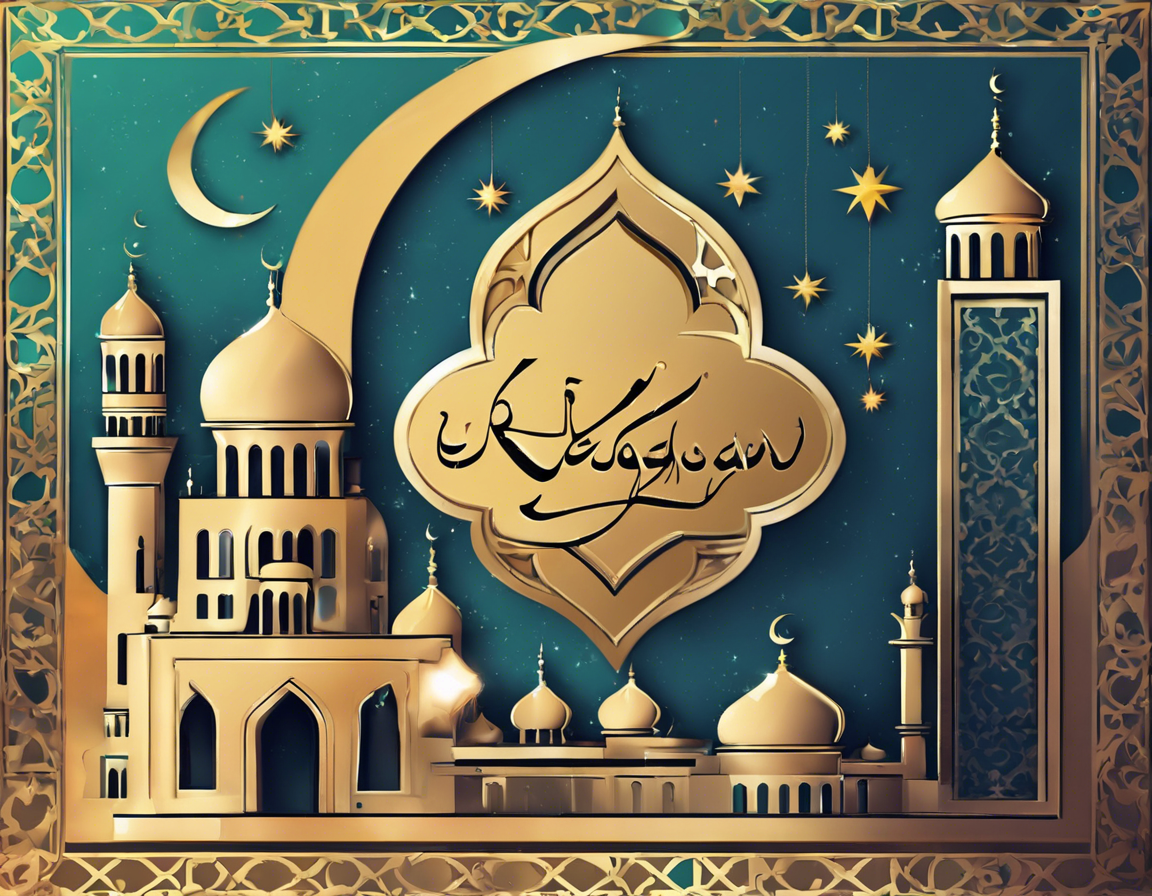Ramadan Mubarak! As we approach the holy month of Ramadan in 2024, it’s essential to understand the significance, practices, and etiquette associated with this sacred time for Muslims worldwide. Ramadan is the ninth month of the Islamic lunar calendar, observed by Muslims as a month of fasting, prayer, reflection, and community. In this comprehensive guide, we will delve into everything you need to know about Ramadan in 2024.
The Significance of Ramadan:
Ramadan holds great significance in Islam as it marks the month in which the Quran, the holy book of Islam, was revealed to the Prophet Muhammad. Fasting during Ramadan is one of the Five Pillars of Islam and is mandatory for all adult Muslims, with exceptions for those who are ill, elderly, pregnant, nursing, menstruating, or traveling.
Fasting (Sawm) during Ramadan:
- Suhoor and Iftar: The pre-dawn meal before the fast begins is called Suhoor, while the meal to break the fast at sunset is known as Iftar.
- Abstaining from food and drink: Fasting from dawn (Fajr) until sunset (Maghrib) is a core aspect of Ramadan. However, fasting extends beyond abstaining from food and drinks; it also includes refraining from negative behaviors such as gossiping, lying, and arguing.
- Spiritual Reflection: Fasting is not just about physical abstinence but also about spiritual reflection, self-discipline, and empathy for those less fortunate.
Practices and Traditions during Ramadan:
- Taraweeh Prayers: Additional prayers performed at night during Ramadan at the mosque.
- Reading the Quran: Muslims strive to read the entire Quran during the month of Ramadan.
- Charity (Zakat and Sadaqah): Giving to those in need is encouraged during Ramadan, reflecting the importance of generosity and compassion.
Etiquette and Conduct during Ramadan:
- Respect for Fasting Individuals: It is important to be mindful and respectful of those who are fasting, avoiding eating or drinking in front of them.
- Patience and Kindness: Ramadan is a time to practice patience, kindness, and forgiveness towards others.
- Good Deeds: Engaging in acts of kindness, volunteering, and helping others are highly encouraged during this month.
FAQs about Ramadan 2024:
- When is Ramadan in 2024?
-
Ramadan is expected to begin on the evening of Thursday, 21st March 2024, and end on the evening of Saturday, 20th April 2024, subject to the sighting of the moon.
-
Can non-Muslims participate in Ramadan?
-
While non-Muslims are not obligated to fast during Ramadan, they can show support and respect by learning about the significance of the month, joining Iftar meals, or engaging in acts of kindness and charity.
-
What is Laylat al-Qadr?
-
Laylat al-Qadr, also known as the Night of Power, is considered the holiest night of the year in Islam and is believed to be the night when the Quran was first revealed to the Prophet Muhammad.
-
How long do Muslims fast each day during Ramadan?
-
Muslims fast from dawn (Fajr) until sunset (Maghrib) each day during Ramadan, abstaining from food, drink, and certain behaviors.
-
Is it permissible to brush teeth during fasting hours?
-
Yes, it is permissible to brush teeth and use a miswak (tooth-stick) during fasting hours, as long as one avoids swallowing water.
-
What is Eid al-Fitr?
-
Eid al-Fitr is the festival of breaking the fast that marks the end of Ramadan. It is a time of celebration, feasting, and giving thanks for the strength and patience shown during the month of fasting.
-
How can one support fasting individuals during Ramadan?
-
One can support fasting individuals by being considerate of their needs, refraining from eating or drinking in front of them, offering to join them for Iftar, or simply understanding their commitment during this month.
-
Can children fast during Ramadan?
-
Children are not obligated to fast until they reach puberty. However, some children may choose to fast for part of the day to practice and understand the significance of Ramadan.
-
What is the significance of the pre-dawn meal, Suhoor?
-
Suhoor is important as it provides sustenance to fasters for the long day ahead. It is encouraged to partake in Suhoor even if it is just a small amount of food or water.
-
How can one make the most of Ramadan in terms of self-improvement?
- Ramadan is a time for self-reflection, spiritual growth, and self-discipline. One can make the most of Ramadan by setting goals for personal development, increasing acts of worship, and seeking forgiveness and guidance.
In conclusion, Ramadan in 2024 is a time of spiritual renewal, self-discipline, and community bonding for Muslims around the world. By understanding the significance, practices, and etiquette associated with Ramadan, one can truly embrace the essence of this holy month. May this Ramadan bring peace, blessings, and enlightenment to all those observing it. Ramadan Mubarak!
